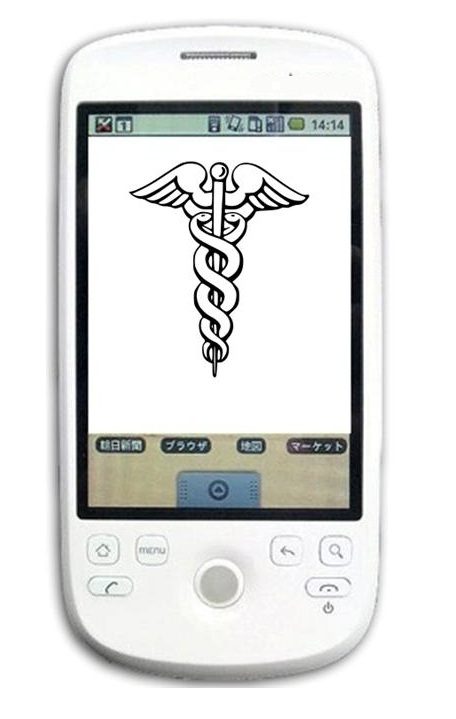 Mhealth technology trends
Mhealth technology trends
Consumers in growing numbers are tying their healthcare to internet and mobile devices, bring mhealth and mobile commerce closer and closer together. More often than not, patients have already looked up their symptoms online long before they land in a waiting room or even an emergency room.
Google it first
Google, Bing, and other searches are fast becoming part of medical care for patients. Looking online at sites like WebMD is a lot faster than making an appointment and sitting in a waiting room for an hour waiting to see a real doctor. A study by DC Interactive Group and Demi & Cooper Advertising surveyed 18-24 year-olds about healthcare information. A whopping 90% stated that they believe in information found on web sites and through social media about medical conditions.
Anyone with a computer can post medical advice online, which is hugely dangerous, but there are credible sites out there. WebMD is one of them. Some have real doctors and nurses answering health care concerns for users, some on a paid basis. Other than information about symptoms and what they may mean, users also post reviews of doctors and medical institutions online, all available for anyone searching to find and read.
mhealth and mobile commerce
Doctors and medical facilities have a decent presence on social media. More than half of doctors surveyed believe that this actually helps to improve patient care. The downfall is that doctors have privacy laws that they must follow so they must be careful about how they address concerns and questions on social media. In a way, this can mean revenue through mobile means – mhealth mobile commerce – but can also be very limiting about how specifics are addressed.
Most doctors and nurses would agree that going on the internet to get medical advice is not the best option. An in-person visit is always essential, especially when a condition could be serious. However, some medical advice online can be useful and some mobile commerce tools can also help save likes. Apps that record when a patient takes medication or emails caretakers when medication has been skipped can go a long ways towards saving lives and upgrading quality of life for patients.

